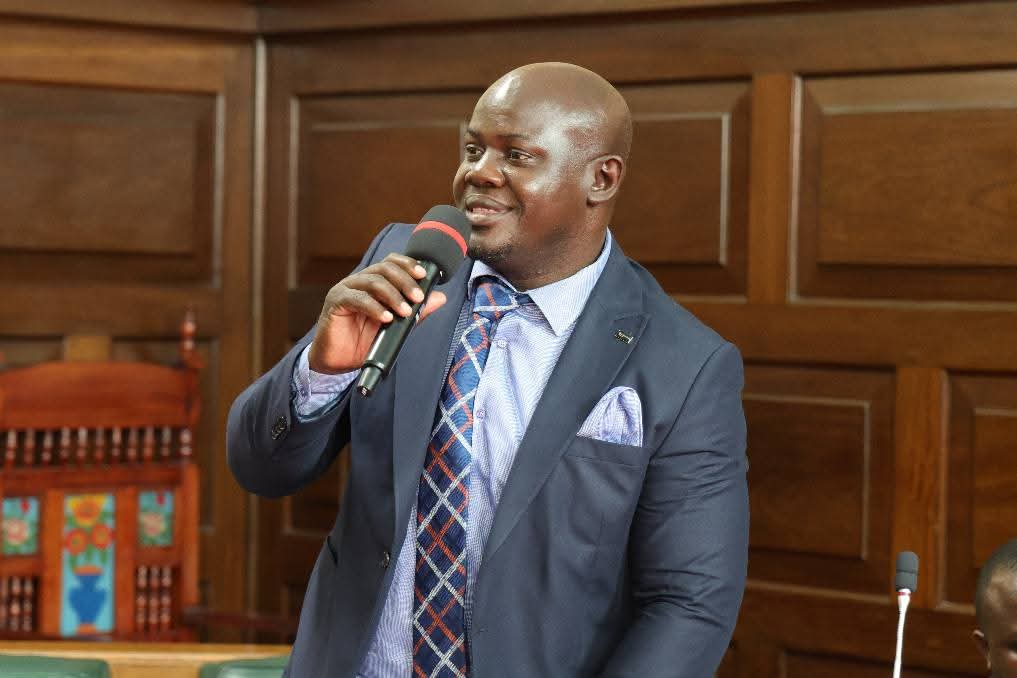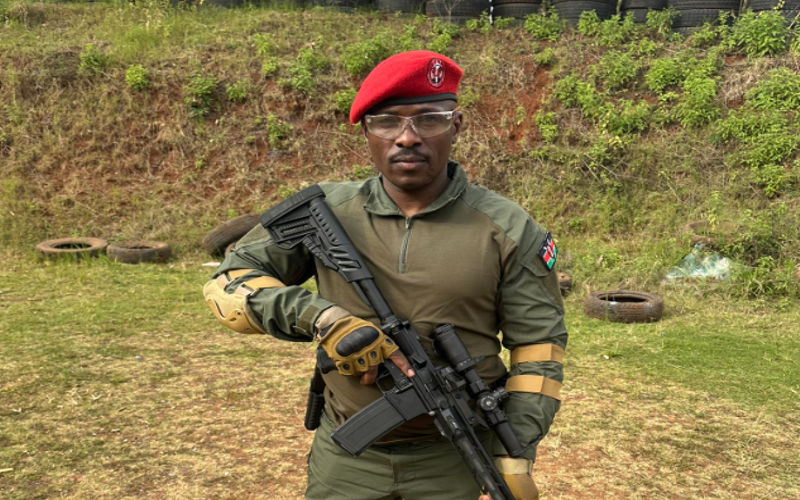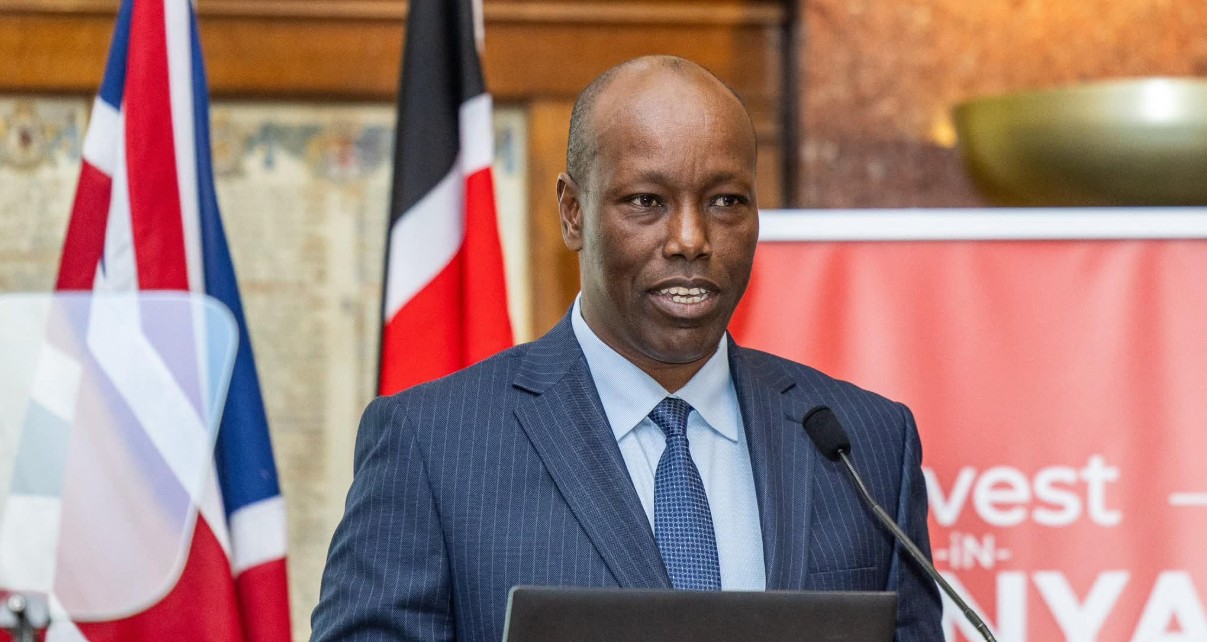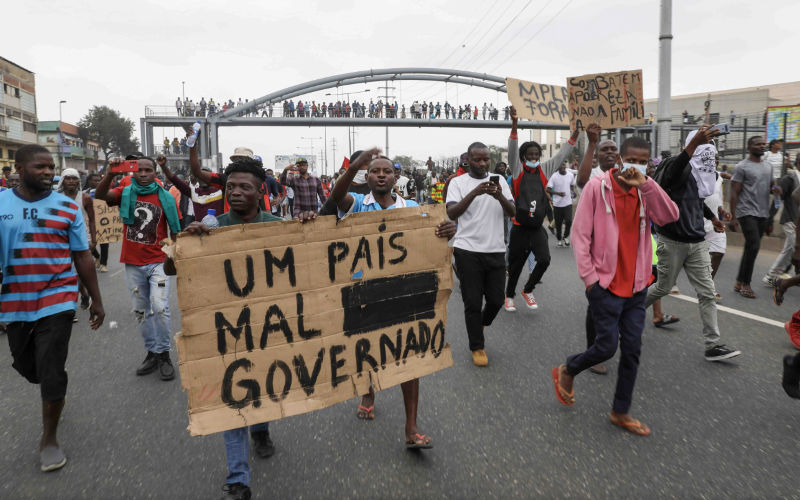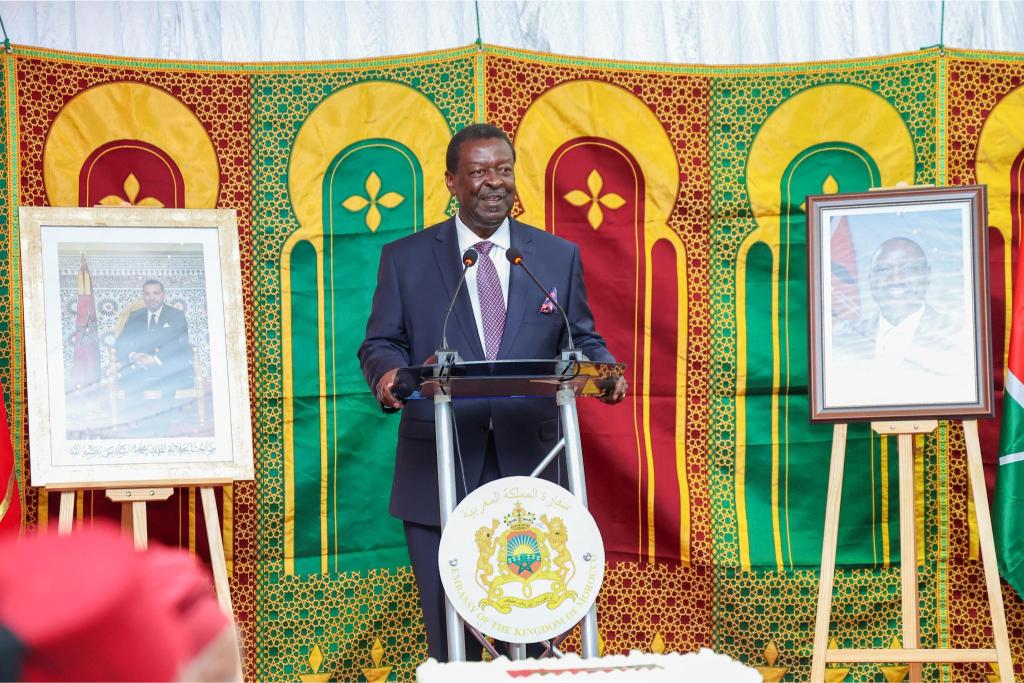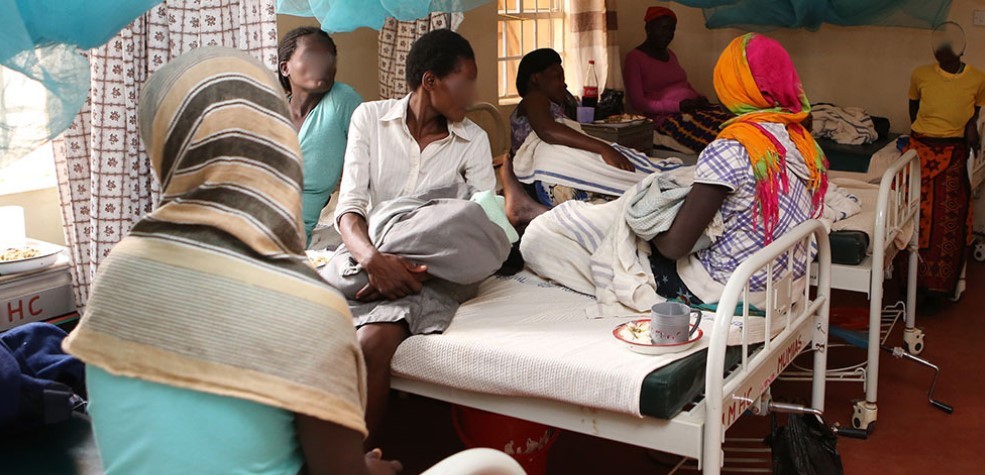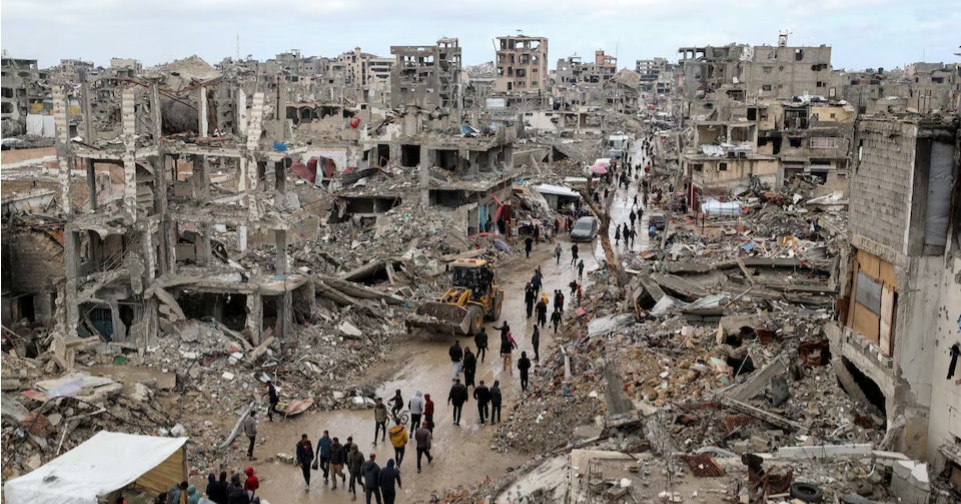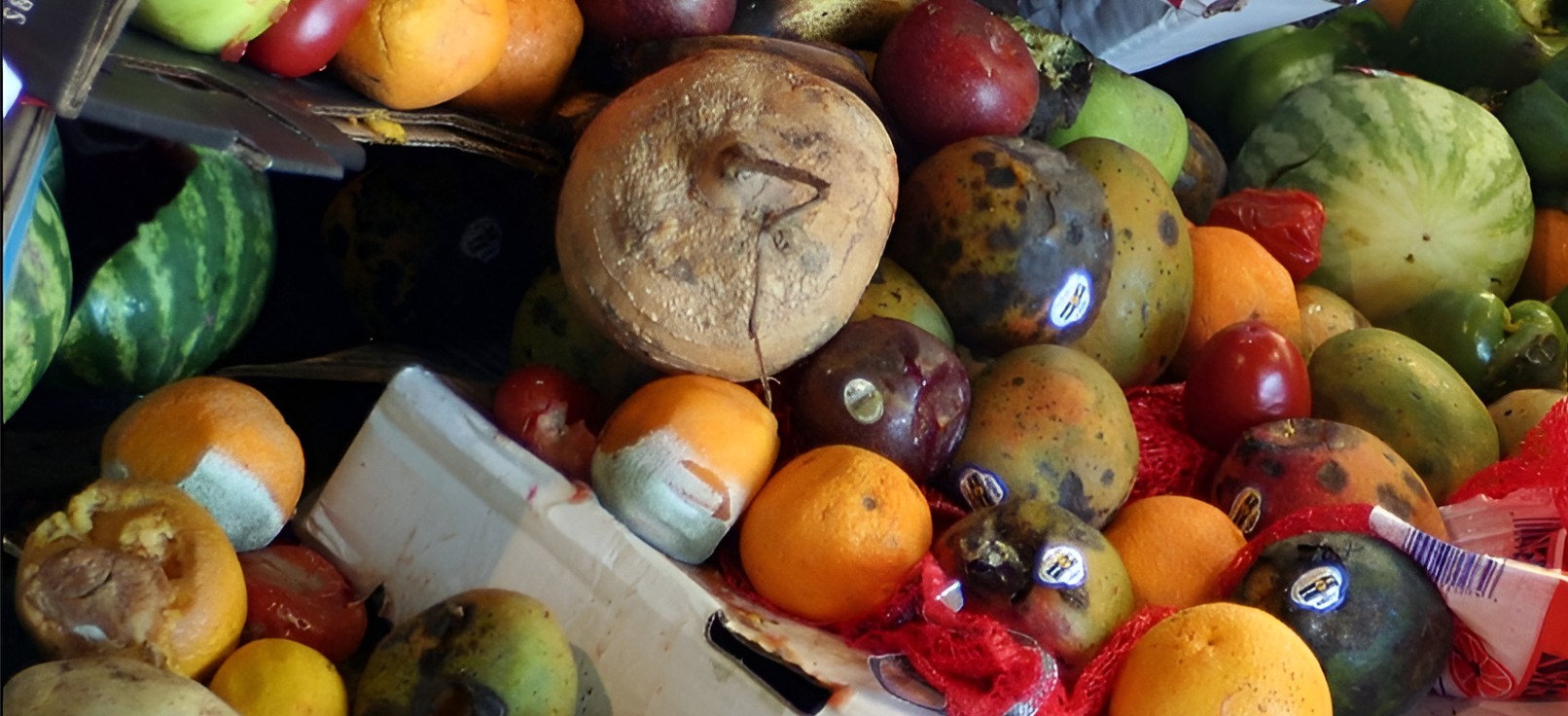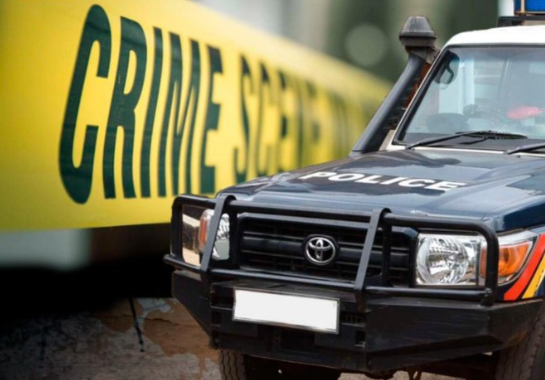Protest essentials: A look into what to carry to stay safe, alert, and resilient
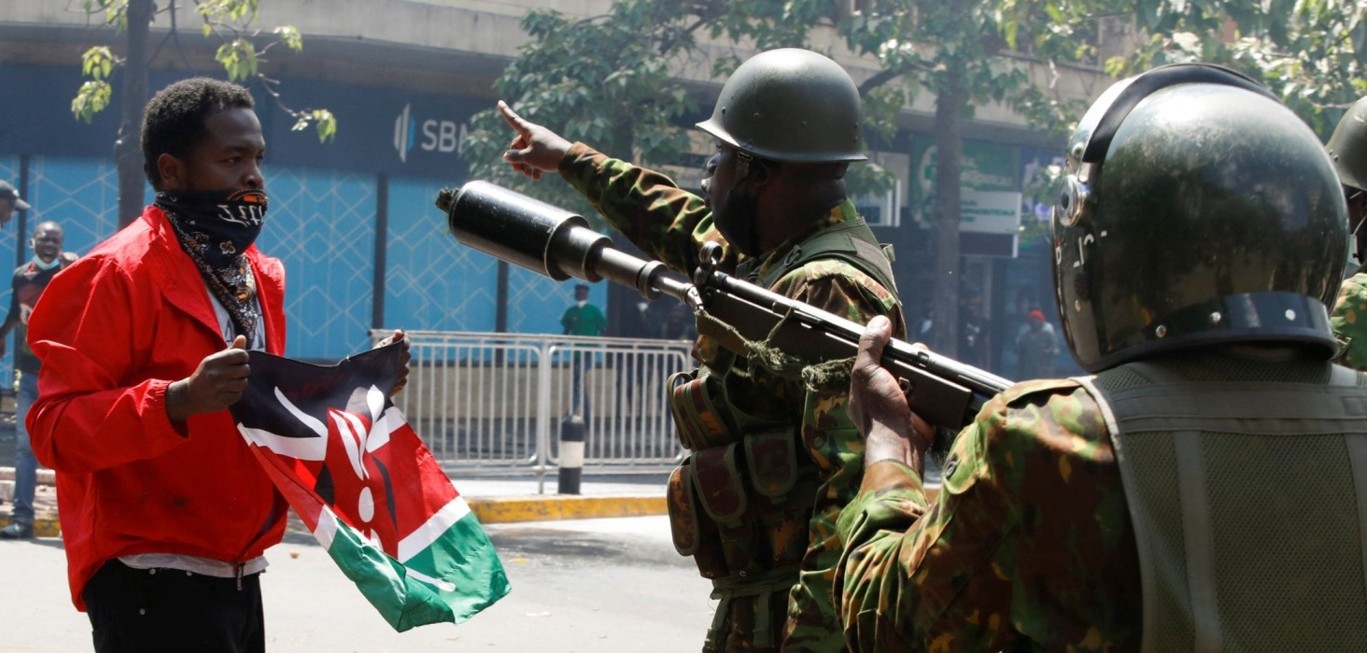
Basic items like a charged phone, a power bank, national ID, water bottle, and light snacks can make a significant difference during long marches or if protesters are caught in difficult situations.
As the anniversary of the historic June 2024 protests approaches tomorrow on June 25th, thousands of Kenyans are preparing to return to the streets in cities across the country.
The upcoming demonstrations are expected to be both a moment of reflection and renewed resistance, as many march to honour lives lost, demand accountability, and assert their constitutional rights.
More To Read
- Ojwang murder case: Ex-OCS Talaam, co-accused, to remain in remand until bail ruling on September 26
- Government sued for "systematic abuse of power" over terrorism charges against protesters
- OCS Talaam ordered to vacate house, surrender police gear after interdiction
- LSK faults IPOA over inaction, urges tougher oversight, compensation for police brutality victims
- Rex Masai killing: Photojournalist tells court he filmed police officer Murangiri pull trigger
- Two police constables sentenced to 35 years for torturing, killing suspect in 2020
The 2024 protests were led mainly by young people, Gen Z, sparked by anger over the Finance Bill that proposed higher taxes on basic goods and services.
What started as peaceful demonstrations turned tragic when police responded with tear gas, water cannons, and live bullets.
At least 39 people were killed, many of them young and unarmed.
Others were abducted in the days before and after the protests, picked up by unknown people in unmarked cars, sometimes in the middle of the night and in broad daylight. Some were later released without charge, while others remain missing, silent or traumatised.
This year, Kenyans will march not just to protest again, but to remember those who lost their lives, those still missing, and to call for justice and lasting change.
This year, Kenyans will march not just to protest again, but to remember those who lost their lives, and to call for justice and change.
Organisers and human rights defenders are urging participants to be both peaceful and prepared.
Drawing on lessons from previous protests, some of which ended in heavy police responses, arrests, and even fatalities, civic groups have released updated safety guidance aimed at helping demonstrators remain alert, protected, and legally informed.
Be aware of goons. And walk in a group
One of the major concerns ahead of the protests is the presence of disruptive elements, often referred to as "goons."
These individuals are sometimes planted within crowds to incite chaos, provoke police responses, or discredit peaceful movements. Protesters have been warned to stay vigilant and observant.
Goons can often be spotted by their behaviour or attire; some may dress inappropriately for the weather, wearing heavy jackets or hoods despite the heat.
Others might agitate the crowd by encouraging violence, attempting to loot, or interfering with those trying to livestream or document the protest.
Protest organisers stress that such individuals should not be confronted directly. Instead, protesters are advised to keep their distance, quietly document suspicious behaviour when safe to do so, and alert group marshals or trusted individuals nearby.
Dress code and what to carry
In terms of preparation, activists are urging Kenyans to travel light.
Basic items like a charged phone, a power bank, a national ID, a water bottle, and light snacks can make a significant difference during long marches or if protesters are caught in difficult situations.
Items like scarves (Kenyan flagged or white) or masks can offer protection from tear gas, while carrying a small towel or long-sleeved t-shirt may help reduce respiratory irritation if such crowd control measures are deployed.
Do not go if you do not trust your guts
But organisers are clear: safety comes first. If you do not feel safe, or if your gut tells you something is not right, do not go.
Trust your instincts, and there are many ways to support the movement: from home, online, or through community care.
Staying alive and well is part of the resistance, too.
Dress comfortable
Comfort is also key, protestors are advised to wear sturdy shoes and avoid tight or restrictive clothing. For those with long hair or braids, are advised to tie the hair to avoid it being grabbed in case of unrest.
Personal safety kits with simple first-aid supplies, pain relievers, or asthma inhalers may also come in handy.
“I will carry my torch taser just in case the goons try attacking or stealing from me, my security comes first, and so does my freedom of expression,” Roseline Adhiambo told the Eastleigh Voice on Tuesday.
Stay safe digitally.
Beyond physical safety, digital security is also top of mind.
With reports of phone surveillance and tracking around recent protests, demonstrators are being encouraged to use encrypted messaging platforms such as Telegram, or WhatsApp.
“I will carry my kabambe burner phone just in case, for security,” Adhiambo added.
Real-time location sharing is discouraged, both for personal safety and to protect the broader movement.
Do not go alone, go in trusted groups
During the protest itself, staying close to a trusted group is vital.
Protesters with respiratory conditions or anxiety are encouraged to stay on the periphery of crowds and avoid zones where confrontation may occur.
If the mood of the crowd shifts or if police deployments increase suddenly, participants are advised to trust their instincts and leave early if necessary.
Tear gas might be used
In the unfortunate event of tear gas being deployed, health experts advise covering the mouth and nose with a damp cloth, avoiding rubbing the eyes, and staying low to the ground where the air is clearer.
Milk or water can be used to rinse the eyes, and a calm exit, not panic, is the best route to safety. Do not park your car inside CBD, where the protests will be.
Know your rights
As always, knowing one’s rights is essential.
Under Article 37 of the Kenyan Constitution, every citizen has the right to assemble peacefully, demonstrate, and present petitions to public authorities.
Should anyone be arrested, legal groups recommend remaining calm, avoiding physical resistance, and requesting legal representation immediately.
Legal aid organisations such as Amnesty Kenya and the Kenya Human Rights Commission (KHRC) are expected to be on standby to assist. Those who have provided their numbers for use by the public.
Remember the purpose
A candlelight vigil is expected to be held in the CBD to honour those who lost their lives in past demonstrations.
Attendees are being asked to come with candles, flowers, placards, or written tributes in remembrance of victims.
The vigil will serve as both a public memorial and a quiet, solemn call for justice.
While emotions are expected to run high, organisers continue to stress the importance of discipline and peaceful action.
“We are not just protesting,” said one youth organiser in Mombasa.
“We are remembering our own and fighting for a future that treats every Kenyan with dignity.”
As the country watches and waits, June 25 is shaping up to be more than a protest; it is a powerful reminder of the people’s voice, the cost of silence, and the urgent need for change.
Top Stories Today


